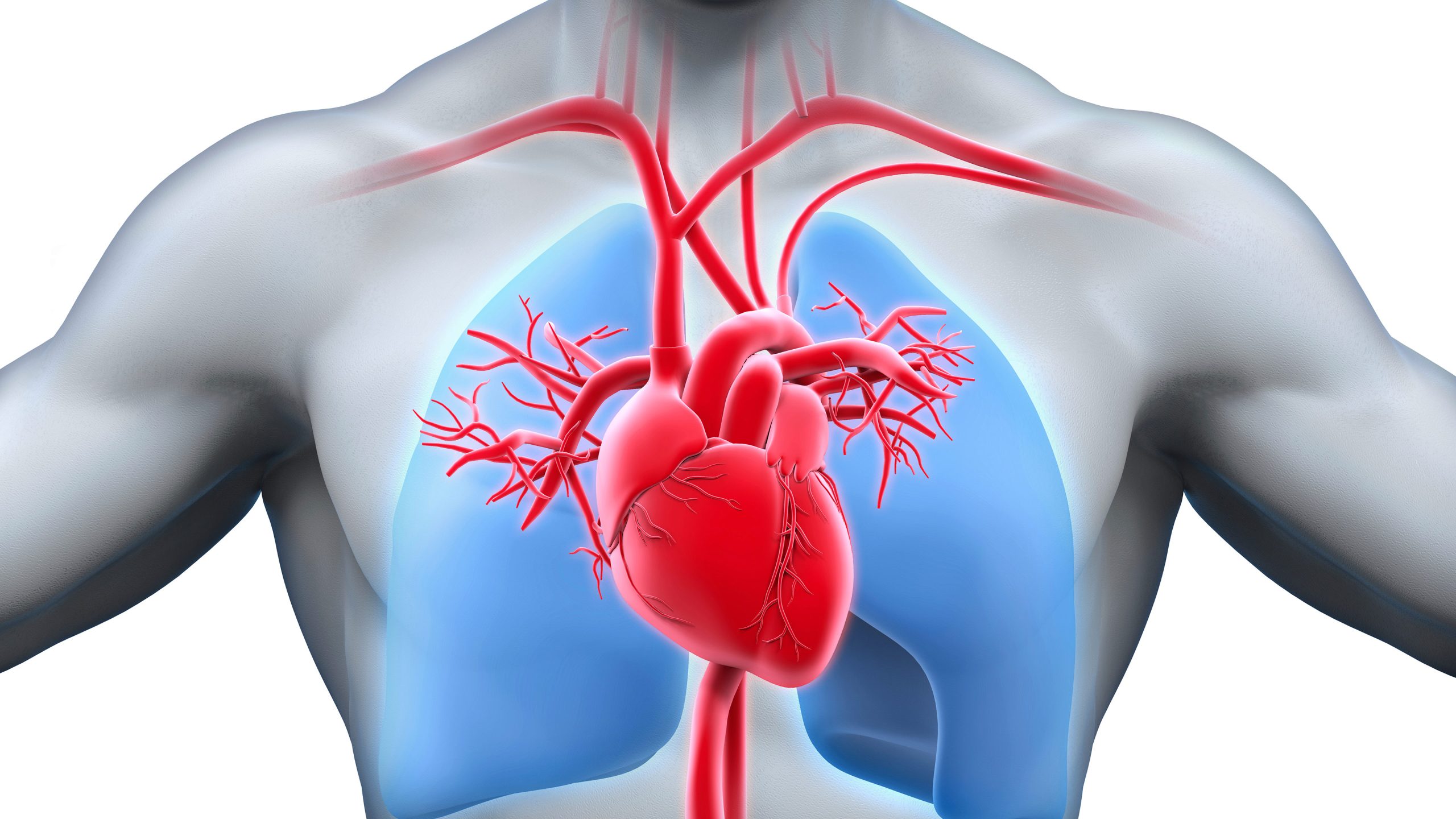CoQ10 300mg for cardiovascular health
The Power of CoQ10 300mg: Unlocking Cardiovascular Health Naturally
In the quest for optimal cardiovascular health, Coenzyme Q10 (CoQ10) has emerged as a powerhouse supplement. With its potent antioxidant properties and crucial role in cellular energy production, CoQ10 is particularly beneficial in promoting heart health. This article dives deep into the benefits of CoQ10 300mg, its role in cardiovascular wellness, and how to incorporate it into your daily routine for maximum impact.
CoQ10
What Is CoQ10?
Coenzyme Q10, commonly referred to as CoQ10, is a naturally occurring compound found in every cell of the body. It plays a vital role in the production of adenosine triphosphate (ATP), which powers cellular functions. CoQ10 also acts as a powerful antioxidant, protecting cells from oxidative stress and free radical damage.
While the body produces CoQ10 naturally, levels tend to decline with age, certain medical conditions, and the use of specific medications like statins. Supplementing with CoQ10 300mg can help restore these levels, supporting overall health and particularly benefitting the cardiovascular system.
The Role of CoQ10 300mg in Cardiovascular Health
1. Improves Heart Energy Production
The heart is one of the most energy-demanding organs in the body, making CoQ10 essential for its optimal function. By facilitating ATP production, CoQ10 300mg ensures that the heart muscles have the energy they need to pump efficiently.
2. Reduces Oxidative Stress
Oxidative stress contributes to the development of cardiovascular diseases, including atherosclerosis. CoQ10’s antioxidant properties neutralize harmful free radicals, reducing inflammation and protecting the heart and blood vessels.
3. Supports Blood Pressure Regulation
High blood pressure is a significant risk factor for heart disease. Research shows that CoQ10 supplementation can help lower systolic and diastolic blood pressure by improving endothelial function and reducing arterial stiffness.
4. Enhances Recovery After Heart Surgery
For individuals undergoing heart surgeries, CoQ10 300mg has been shown to aid recovery by improving cardiac function and reducing complications. Its ability to boost energy levels and reduce oxidative damage plays a pivotal role in the healing process.
5. Reduces Side Effects of Statins
Statin medications, widely prescribed to lower cholesterol, can deplete the body’s natural CoQ10 levels, leading to muscle pain and weakness. Supplementing with CoQ10 300mg can counteract these side effects, enhancing overall quality of life for statin users.
Scientific Evidence Supporting CoQ10’s Benefits
Numerous studies highlight the efficacy of CoQ10 in promoting cardiovascular health:
- Heart Failure: A landmark study published in the Journal of the American College of Cardiology found that CoQ10 supplementation significantly improved symptoms and survival rates in patients with chronic heart failure.
- Hypertension: A meta-analysis of clinical trials revealed that CoQ10 supplementation led to an average reduction of 17 mmHg in systolic and 10 mmHg in diastolic blood pressure.
- Statin-Induced Myopathy: Research in the American Journal of Cardiology demonstrated that CoQ10 supplementation alleviates muscle pain and improves muscle strength in statin users.
How to Incorporate CoQ10 300mg Into Your Routine
1. Choose the Right Form
CoQ10 is available in two forms: ubiquinone and ubiquinol. While both are effective, ubiquinol is the active form and is more easily absorbed by the body. Look for high-quality CoQ10 supplements that specify the form and purity.
2. Timing and Dosage
A daily dose of CoQ10 300mg is considered optimal for cardiovascular support. To enhance absorption, take CoQ10 with a meal containing healthy fats, as it is fat-soluble.
3. Consistency is Key
Consistency is crucial for experiencing the full benefits of CoQ10. Incorporate it into your daily supplement regimen to maintain steady levels in the body.
4. Consult Your Healthcare Provider
Before starting any supplement, it’s important to consult with a healthcare professional, especially if you have pre-existing medical conditions or are taking medications.
Potential Side Effects and Precautions
CoQ10 is generally well-tolerated, but some individuals may experience mild side effects such as:
- Nausea
- Stomach upset
- Headache
- Insomnia
To minimize the risk of side effects, start with a lower dose and gradually increase to 300mg. Always follow the recommended dosage guidelines provided by your healthcare provider or the supplement manufacturer.
Foods Rich in CoQ10
While supplementation is the most effective way to boost CoQ10 levels, certain foods can also contribute to your daily intake:
- Fatty fish (e.g., salmon, mackerel, and sardines)
- Organ meats (e.g., liver and heart)
- Whole grains
- Spinach and broccoli
- Nuts and seeds
Incorporating these foods into a heart-healthy diet can complement your CoQ10 supplementation.
Long-Term Benefits of CoQ10 300mg
1. Prevention of Age-Related Decline
As natural CoQ10 levels decline with age, supplementation can help maintain energy production and reduce oxidative damage, supporting overall cardiovascular health in older adults.
2. Improved Exercise Performance
CoQ10’s role in energy production can enhance physical performance and reduce fatigue, making it beneficial for individuals with active lifestyles.
3. Enhanced Quality of Life
By supporting heart health and reducing symptoms of cardiovascular conditions, CoQ10 300mg can significantly improve quality of life, particularly for those with chronic health issues.
- Benefits of CoQ10 300mg for heart health
- Best CoQ10 supplements for cardiovascular health
- How CoQ10 supports energy production in the heart
- CoQ10 and blood pressure management
- Natural ways to boost CoQ10 levels
- Ubiquinol vs. ubiquinone for heart health
- CoQ10 for statin-induced muscle pain
- Foods rich in CoQ10 for heart health
- CoQ10 supplementation for older adults
- CoQ10 dosage for high blood pressure management




